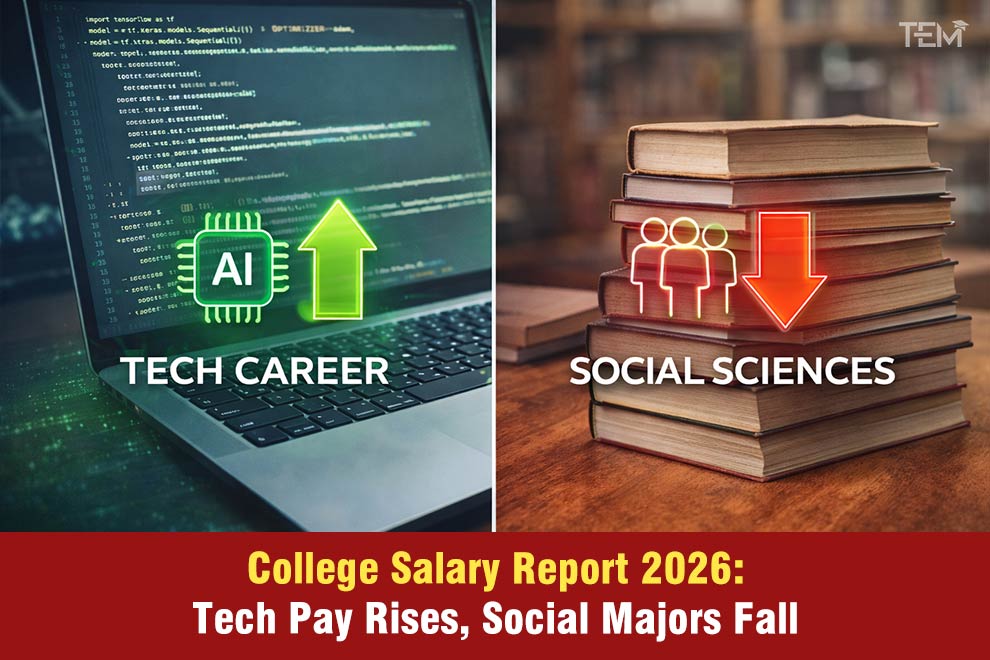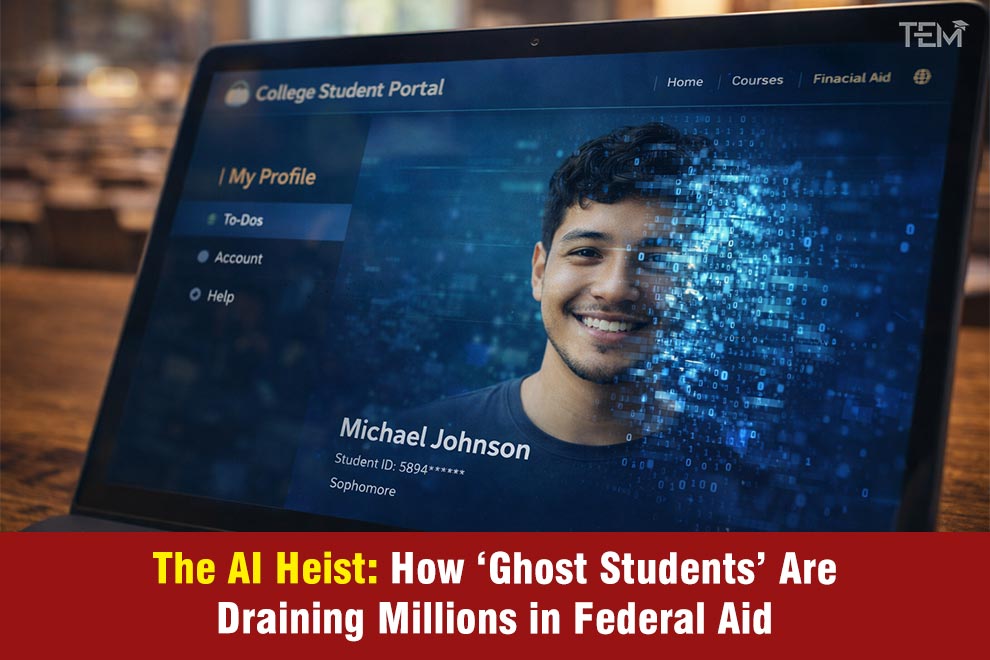The Education Magazine,
June 19, 2025.
China’s Ministry of Education has announced a bold new plan to integrate artificial intelligence—especially advanced tools like Google’s Gemini 2.0—into school systems across the country. The initiative aligns with China’s broader “strong-education nation” strategy, aiming to reshape classrooms by 2035 with AI-powered learning enhancements.
What’s New with Gemini 2.0?
Gemini 2.0 Flash and Pro Experimental models are now publicly available via Google AI Studio, Vertex AI, and the Gemini app, offering robust multimodal abilities—text, images, audio, and even native image/audio output—all powered by a massive 1-million-token context window.
Google recently opened up Flash-Lite (cost-efficient) and Flash Thinking (reasoning-focused), making advanced AI tools accessible to educators worldwide.
Major updates include deep Workspace integration, new agentic features like Project Astra and Jules (coding assistant), plus advanced safety measures and audio/video API access.
China’s AI Ed Reform in Action:
Beijing’s education board mandates at least 8 hours of AI-focused instruction per year—even in elementary schools—developing a “teacher-student-machine” model with ethics training included.
Nationally, over 260 million students are enrolled in schools; now they’re set to experience AI-enhanced classrooms ranging from large lectures to one-on-one tutoring. This includes translation tools, adaptive lesson planning, and real-time feedback.
China’s recent regulatory push complements this educational agenda, especially after domestic AI players like DeepSeek launched low-cost, competitive large-language models.
Why It Matters?
A June 2025 study of 148 Chinese engineering students using generative AI—similar in capability to Gemini—found that over 50% reported improved learning efficiency and creativity, though accuracy remained a concern.
An international benchmark (“arena for learning”) placed Gemini 2.5 Pro first, preferred in 73% of educator comparisons, highlighting Gemini’s efficacy in pedagogical settings.
Analysts believe this tech synergy—combining China’s policymaking with Gemini’s advanced features—can reduce student-teacher gaps, support inclusive education, and fuel edtech startup growth.
Opportunities for Startups & Schools:
Chinese edtech giants like Zuoyebang and Yuanfudao are already tapping into Gemini APIs to build AI tutors offering personalized learning at scale.
With the “Teacher-Student-Machine” framework and AI ethics embedded into curricula, startups focusing on ethical, multimodal tutoring stand to benefit significantly, especially given China’s $9 billion EdTech investment since 2020.
Gemini’s cost-effective Flash-Lite tier and flexible APIs lower barriers for edu-entrepreneurs to innovate regionally, adapting classroom tools across dialects and educational contexts.
Expert Insight
“Integrating AI into classrooms transforms passive learning into active discovery,” says Dr. Lei Fan, lead author of a recent study on generative AI in Chinese engineering education.
“Tools like Gemini 2.0 redefine what a tutor can be—responsive, visual, multilingual, and always-on.”
Looking Ahead
As Gemini 2.0 becomes embedded in global education systems—supported by China’s aggressive AI curriculum rollout—expert consensus is clear: personalized, equitable, and interactive learning environments are no longer futuristic—they’re unfolding now.
For schools, students, and startups in China, this signals a generational shift: AI is moving from novelty to necessity in education.
Also Read: First-Ever Images of the Sun’s South Pole Captured by ESA’s Solar Orbiter











